Creating Enduring Memories & Effective Learning
作者:scott young


1. Sensory Memory
1.1. Ultra short-term memory
2. Short Term (Working) Memory
2.1. Forgotten memories may occur here
2.2. Where we reason & think
2.3. The gateway into Long-Term memory
2.4. Limited in capacity
3. Sensory Input
3.1. Observations from our senses
4. Attention / Cognitive Load
4.1. Cognitive load is the total amount of mental activity occupying working memory at any moment; and is influenced by distraction and other attention-altering events
4.2. Limited in capacity - the bottleneck between sensory and Short-term memories
4.3. Prevent cognitive overload: study in a quiet, well-lit environment free of distractions; ensure adequate sleep is maintained
5. "Memory is the residue of thought." - Daniel Willingham
5.1. We learn from our reflection upon our experiences
5.2. Making memories is effortful and requires thinking
6. Metacognition Encouragement
6.1. Revise work using effective feedback
6.2. Take time to consider the purpose of what you are learning
6.3. Reflect on criteria for learning success
6.4. Collaborate and share knowledge for peer review and effective feedback
6.5. Creates an inner dialogue of philosophical questions
6.6. Develops the ability to self assess
7. Source: “The Science of Learning - What Every Teacher Should Know” from Edx.org. Course EDSCI1X: Teachers College Columbia University.
8. Long-Term Memory
8.1. Forgotten memories may occur here
8.2. Memories stored for long-term
9. Encoding / Retrieval Practices
9.1. Consolidates, modifies and reorganizes memory for enhanced long term storage; creates secondary retrieval pathways for ease of recall
9.2. Active learning links new knowledge and information to prior knowledge
9.3. Elaborative encoding creates a dialogue between working memory and long-term memory
9.4. Helps to identify knowledge gaps in understanding
9.5. Teaching a friend or creating flashcards are excellent encoding/retrieval strategies
10. Rehearsal
10.1. Spaced practice: a learning strategy that more effectively links new learning to prior knowledge
10.1.1. Creates more durable and useable memories compared to "mass practice" (ie. cramming)
